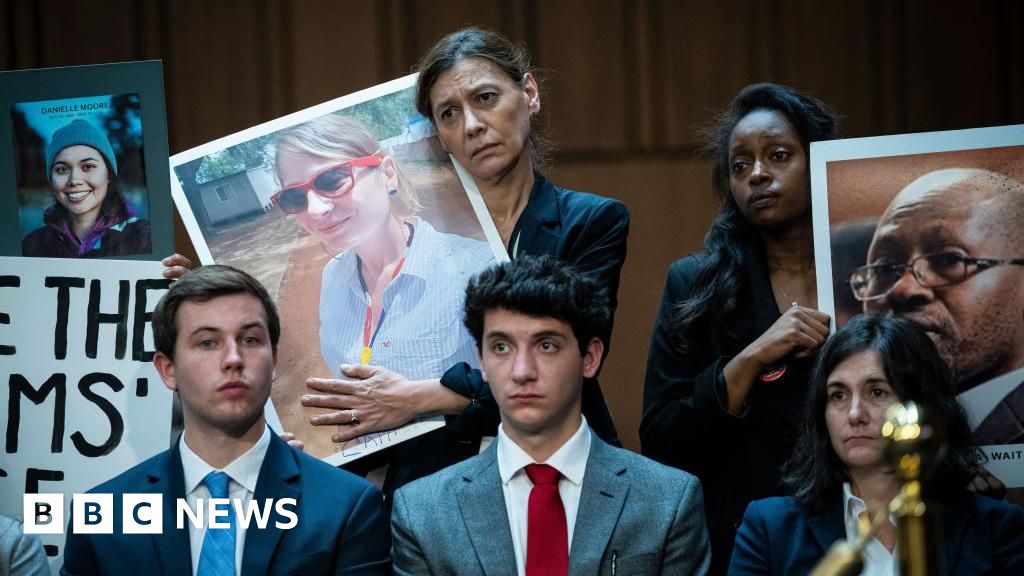ARTICLE AD BOX
 Image source, Getty Images
Image source, Getty Images
By Oliver Smith
Business reporter, BBC News
The "warning lights are flashing red" as the number of people in work seeking crisis support has more than doubled in two years, according to a charity.
Citizens Advice says it referred 6,983 employed people for crisis support between July and September this year.
That compares with 2,780 people in the same period in 2020.
The latest figures come as the cost of living is rising at the fastest rate for 40 years.
"Every day, our advisers hear stories of people skipping meals, going without essentials and then coming to us when they simply can't cut back any more. This cannot continue", said Morgan Wild, Head of Policy at Citizens Advice.
"We have seen the difference government support can have but the warning lights are still flashing red for the future," he added.
The charity also said that the number of people supported this year so far had already exceeded those across the last three years.
The latest figures also represent a sharp from last year, when 4,291 people were referred in the third quarter.
The charity also warned that the number of people it is supporting could triple if the government decides not to raise benefits in line with inflation, which measures the cost of living.
The government has not committed to raising benefits using this measure but the chancellor is expected to announce its decision in the Autumn Statement on 17 November.
Just over 9,000 unemployed people have received crisis support from the charity in the third quarter of this year, compared to 6,190 last year, according to its latest cost of living data.
Cost of living soars
The cost of living is increasing at the fastest rate for 40 years, largely as a result of energy and food prices going up, with inflation currently stood at 10.1%.
A government scheme to limit typical household energy bills to £2,500 a year has been in place since October, but is due to end in April next year, with more targeted help to follow.
In England, Scotland and Wales, everyone's energy bills are being cut by £400 over six months, with an additional £650 of support for lower-income households.
Citizens Advice said its data shows the government support is helping but that the impact is limited according to its figures, and there's concern about what happens when support measures end.
"We need action which matches the scale of this crisis. At a minimum, benefits must be increased in line with inflation at next week's Autumn Statement and further energy support should be offered to those on the lowest incomes," Mr Wild said.
The charity said that as energy bills have risen, more and more people are looking for practical advice on how to make their homes more energy efficient to reduce costs.
Consumer Affairs Correspondent Colletta Smith has some tips for cutting costs in your home.
It is also continuing to see record numbers of pre-pay gas and electricity customers who cannot afford to top up their meters.
It saw a small fall in the number of people who couldn't afford to top up their pre-payment meters in October, which it attributes to the first tranche of the government support payments, but added it was still the third highest month on record.
So far this year, the charity has already seen more people unable to top up than the total number of people seen in the five previous years combined.
In addition to the number of people unable to top up, the charity said it was concerned about the high number of people having pre-payment meters forcibly installed because they're falling into debt with their energy companies.
This week, the BBC reported that a rising number of households are having their energy smart meters remotely switched to pre-payment meters by their supplier, without their permission.
Citizens Advice said that energy debt is on the rise, with its total value now almost twice what it was in 2019 and that overall, it had never seen a higher proportion of people in negative budget - with more essential spending going out, than income coming in.

 2 years ago
36
2 years ago
36








 English (US) ·
English (US) ·